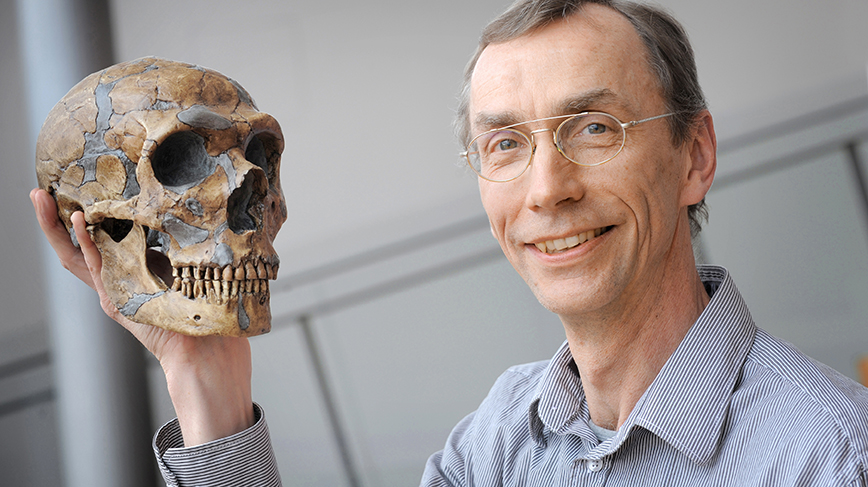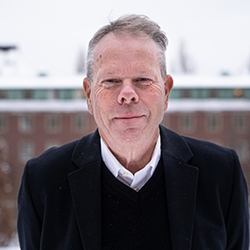Nobel physiology laureate’s KTH connections date back decades

Today’s Nobel Physiology Prize announcement was a special one for researchers at KTH and in particular, Mathias Uhlén, Professor of Microbiology at KTH. Uhlén’s friendship with the new Nobel laureate Svante Pääbo dates back to the 1970s when the two were working on their doctoral degrees.
Long after they completed their doctorates at Uppsala University, some 70km north of Stockholm, the two researchers remained connected in different ways. “We haven’t crossed paths much scientifically, but we have done some things together over the years,” Uhlén says. “And he’s also a very close friend.”

One occasion where their research intersected was in 2006 when Pääbo began sequencing Neanderthal DNA using technology that Uhlen developed along with KTH Professor Pål Nyrén.
Uhlén says he has tried to call and congratulate his friend today, but wasn’t surprised he’s not available. The pyrosequencing technology developed at KTH provided the first tool that Pääbo would use on his way to mapping the entire Neanderthal genome, Uhlén says.
“Most of the work he did was with other technologies—and he used many—but that one was from KTH, so it’s still very nice to see this method used for the initial analysis of the Neanderthal DNA.
“Svante really deserved this prize, he has done fantastic work over these 30 years,” he says.
The two have shared some research, such as a study focusing genetic connections between humans and primates ( Analysis of Candidate Genes for Lineage-Specific Expression Changes in Humans and Primates ).
Moreover, the Nobel Prize laureate played an important role 12 years ago in the founding of the joint research center, SciLifeLab.
Pääbo served on the lab’s first scientific advisory board, providing Uhlén invaluable advice as the lab’s founding director, and leaving a lasting influence on KTH. Today the lab is a national research center, shared by KTH, Uppsala University, Karolinska Institutet and Stockholm University, and dedicated to the advancement of molecular biosciences in Sweden.
And his research is certainly relevant in the proteomics research that Uhlén and his colleagues work with.
“What he has discovered is that about 100 genes are quite different between Neanderthals and homo sapiens, and they are quite interesting to study because they may hold the clue as to why our species propagated so successfully.”
David Callahan

